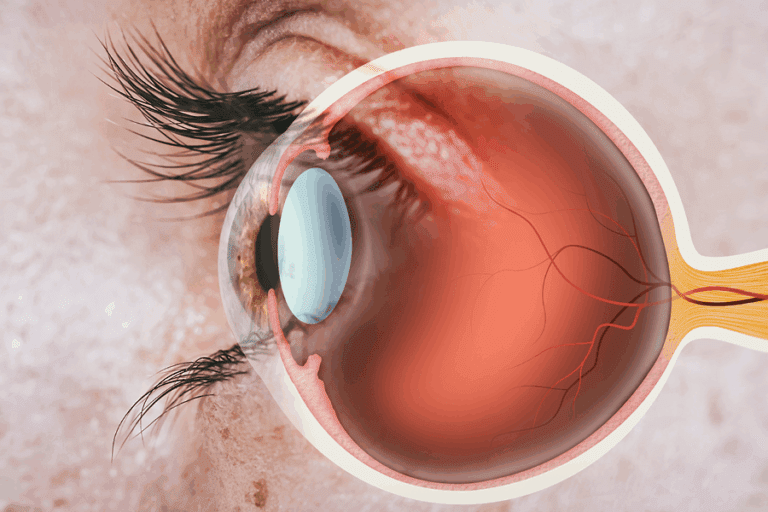It wasn’t long ago that the connection between oral health and overall health seemed distantly related at best. Today, we know this is not the case. There are strong connections between the health of the mouth and the rest of the body. Stop and think about how you’re taking care of yourself from top to bottom.
Periodontal disease, also known as gum disease, is one example of an oral health problem that can affect the whole body. Without regular checkups at a dentist, you may not even know you have periodontal disease, but it could be impacting your overall health nonetheless.
Periodontal disease is often considered a painless condition until it worsens. Then, it becomes painful, damaging, and can result in tooth loss.
Gum Disease and Overall Health Problems
Periodontal disease has been linked to other overall health issues like diabetes, heart disease, osteoporosis, respiratory complications, and cancer. In some instances, a cause-and-effect response within your body exists. If you’re diabetic, you are more susceptible to periodontal disease. In others, like with heart disease, the inflammation in your mouth is considered a potential cause of inflammation elsewhere. This inflammation is associated with a greater risk of a blockage-related emergency such as a heart attack or stroke.
Gum disease has been found to be associated with an increase risk of dementia later in life, too. Researchers discovered that periodontal problems may also be associated with mild cognitive impairment, such as memory problems.
Illness in your mouth can affect your whole body. The health of your mouth and smile are not something to be taken lightly.
How to Identify Periodontal Disease
Visit your dentist
Regular visits to your dentist are the best way to prevent and/or identify periodontal disease. They’ll investigate whether you have a clean bill of oral health, or if you’re showing signs of gingivitis. Gingivitis is an early form of periodontal disease. Your dentist will also help by cleaning your teeth and gums, effectively removing the plaque that causes gum disease in the first place.
Consider the symptoms
Do you have pain when chewing? Are you experiencing bad breath? Do your gums bleed after brushing your teeth, or feel tender or puffy? You may have periodontal disease.
Paying attention to any changes in your mouth, like sudden pain when eating or a newly discovered loose tooth, will help you gauge the state of your oral health. If you start to notice one or more of these symptoms persisting, it’s time to see your dentist.
Know your habits
People who rarely maintain their teeth and gums, those who smoke or chew tobacco, women who are pregnant, folks on certain medications, and many with other specific health conditions are at risk for periodontal disease. If you fall into one of these risk categories, you’ll have to be more diligent about preventive measures.
How to Prevent Gum Disease
Take care of your mouth
Regular visits to the dentist, a proper oral care routine, and paying attention to your body are all that is required of you. You can keep periodontal disease at bay with a small amount of work, and your body will thank you for it.
People who have dental coverage are more likely to visit their dentist regularly. , which will help avoid dental problems in the future. To find a provider in your area, use our handy search tool.
Looking for more oral health information? Check out:



